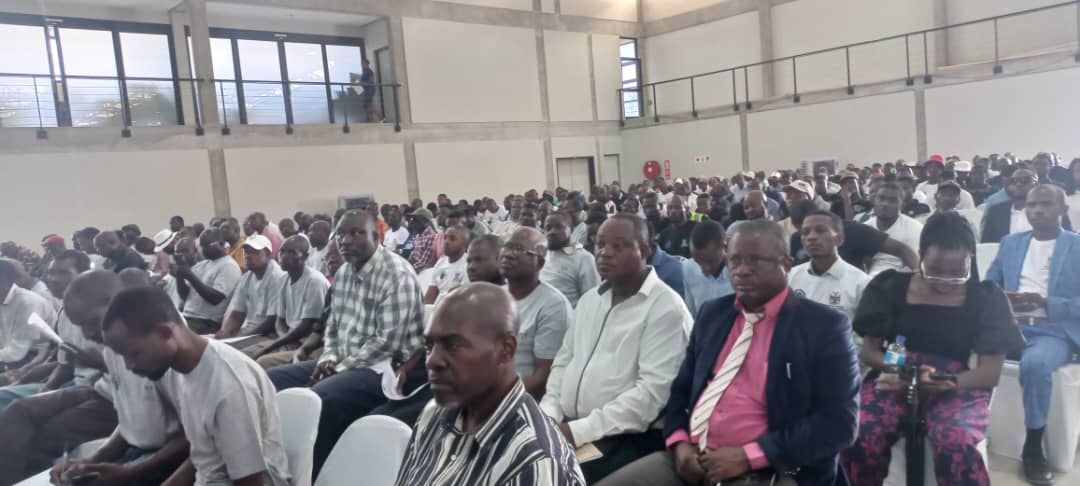The recent United Nations Educational, Scientific and Cultural Organisation (Unesco) conference held in Namibia was a profound eye-opener on the importance of preserving and digitising our cultural heritage.
This conference provided valuable insights into how education can be a powerful tool in safeguarding our rich cultural traditions, while simultaneously creating new economic opportunities for Namibians.
As we explore these possibilities, it is crucial to consider how digitalisation can also play a pivotal role in decolonising our history and culture.
Many of our traditions are at risk of being lost in the face of modernisation and globalisation.
The digital era presents us with an unprecedented opportunity to preserve these aspects of our heritage in a way that ensures they remain accessible to future generations.
Digital platforms, including websites, mobile apps and social media, can serve as repositories for our oral histories, traditional music, dance and crafts.
Beyond preservation, digitisation can also be a powerful tool for commercialisation. By leveraging digital platforms, Namibians can add value to their cultural products and produce them on a commercial scale. Take, for example, the traditional crafts of the Owambo people. These crafts, including basket weaving and beadwork, can be marketed and sold online to international markets, creating income streams for local artisans and helping to sustain these practices.
Decolonisation is a crucial aspect of this conversation. For too long, our history and cultural heritage have been filtered through a colonial lens, often erasing or distorting our narratives. Digitalisation offers us a chance to reclaim and reframe our history on our terms.
By creating digital platforms that centre Namibian voices and perspectives, we can challenge the dominant narratives imposed by colonial powers. This approach not only preserves our heritage, but also affirms our identity and agency as Namibians.
Moreover, digitisation can help us connect with the diaspora and other African nations facing similar challenges.
The intersection of cultural heritage and digitalisation also opens up new avenues for creative businesses in Namibia. Entrepreneurs can develop innovative products and services that draw on our rich cultural heritage.
Education plays a vital role in this process. By incorporating digital literacy and entrepreneurship into our education system, we can equip the next generation of Namibians with the skills they need to succeed in the digital economy.
Universities and vocational centres should offer courses on digital archiving, multimedia production and e-commerce, enabling students to turn their knowledge of cultural heritage into viable business ventures.
The recent Unesco conference highlighted the immense potential of digitalisation in preserving and promoting Namibia’s cultural heritage. By embracing digital platforms, we can ensure that our traditions are preserved for future generations, create new economic opportunities and decolonise our history.
Sakaria Johannes
Stay informed with The Namibian – your source for credible journalism. Get in-depth reporting and opinions for
only N$85 a month. Invest in journalism, invest in democracy –
Subscribe Now!






